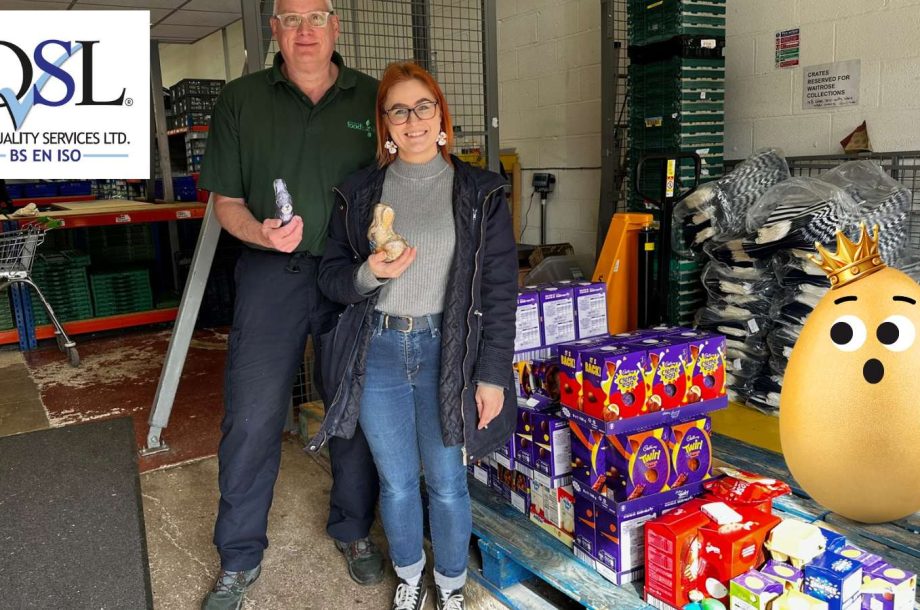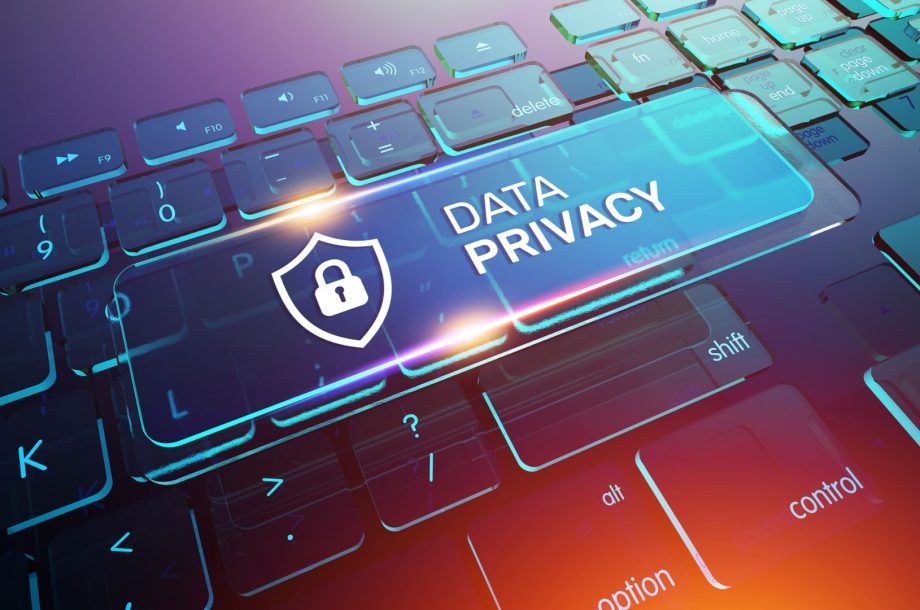The Value of Relationships
2 Jun, 2020
Is it possible that the global lockdown is complicating what was already a steady decline in human connection and increase in loneliness? We’ve all been ‘socially’ distancing for safety reasons, in order to slow the progress of the virus, but this has made people literally, socially distant. This was never the intention, and shouldn’t be happening. So why is it?
Is there someone in your life whom you would feel comfortable phoning at 4 in the morning to tell your troubles to? This is a question that a psychiatrist and professor at Harvard University (George Vaillant) asked. The answer to which, he used in predicting life expectancy.
Countless studies have confirmed that a key component to living a long and happy life, is friendships. On top of this, researchers have analysed the happiest people over time in order to find a common link. That common link being? You guessed it; relationships.
Applying this information to the current Coronavirus crisis, many people are finding this period of distancing difficult. ‘Socially’ distancing to slow the progress of the virus has made people literally, socially distant. The idea was to make people physically distant, for obvious safety reasons. However, the social effects weren’t intended, and shouldn’t be happening. So why are they?
There is the opinion that the lockdown in countries all over the world has only complicated what was already a steady decline in human connection. An example of why people may be inclined to think this, is that studies showing the generational levels of loneliness, place millennials as being the loneliest. Is it possible that this lockdown period may only be amplifying that, and might affect relationships in the long term?
A conceivable reason for this decline in human connection may relate to the work of evolutionary psychologist, Robin Dunbar. He found that the number of friendships that we can maintain includes both online and real-life friends. Before I continue it is important to note what is meant by online and real-life friends…
A university researcher called Nicole Ellison in 2014 surveyed a random sample of undergraduates about their Facebook usage. From this, she found that the average number of online friends was 300, and the number of people these users would consider actual friends, was 75. This is the difference between online acquaintances, and online friends. Online friends are people that you have actually formed a meaningful relation with, whether that be physically or digitally.
Ultimately the work suggested that our online friends occupy friendship capacity in our brains, which subsequently won’t be available for real friendships. You might think this is counterintuitive, as shouldn’t we be connecting with more and more people online because we can’t in real life right now? In short, the answer is no. It goes back to the mantra that has stuck around; quality over quantity. It sure is a cliché, but there’s a reason for it! The idea behind staying more connected during lockdown can be interpreted as ‘connect with as many people as possible’ but if you think about that for second, it just doesn’t make sense. The higher you try to make your ‘friend’ count, the more your closer relationships are going to suffer.
What should you take from this?
It’s entirely possible that you’ll form some new, real friendships online during lockdown, which is great – I would even go as far as to encourage this! The important thing to remember is that by not having the ability to make new friends physically also means you don’t have the ability to maintain relationships physically either. This in turn means that your relationships with family and friends need more attention and care than usual in order to both keep them strong and keep each other sane.
At ISO Quality Services, our internal team have been working to keep up our communication with each other, as all of the above evidently applies to at-work friendships too. We all enjoy each other’s company outside of the office too, so maintaining these friendships is something we are really keen on. Each week we have a different ‘buddy’, and at some point in the week we call or video chat with them and just have a non-work related chat, mainly catching up on anything new in the other’s life or anything interesting. This benefits our team in several ways; not only do we maintain the relationships we formed in and outside of the office, but it’s a mental wellbeing and motivation booster for sure. We also do a group video chat every Friday, which we’ve called ‘Friday Fun’. In this call we either do quizzes or have a general catch up.
During Mental Health Week, our Managing Director, Jennifer and HR Director, Debbie, came up with the idea of sending emails to the colleagues they would assign you, beginning with the line ‘I enjoy working with you because…’. Needless to say, many of these emails sparked an emotional reaction and all of them were greatly appreciated. Something as simple as this helps to strengthen and maintain relationships, which as a result, leads to improved mental health.
We all need positive relationships to live a happy life, and now is the time to nurture them more them ever. If they can survive this period of hardship and physical distance, realistically, what can’t they survive?
For more resources about mental health, click here.
References:
ISO Quality Services Ltd are proud to specialise in the implementation and certification of the Internationally recognised ISO and BS EN Management Standards.
Do you want to get ahead of your competition? Win more tenders or save time and money on reoccurring issues? Contact us today on 0330 058 5551 or email info@isoqsltd.com.
Alternatively, you can request a quote by filling out our enquiry form and a member of our team will be in touch shortly.





